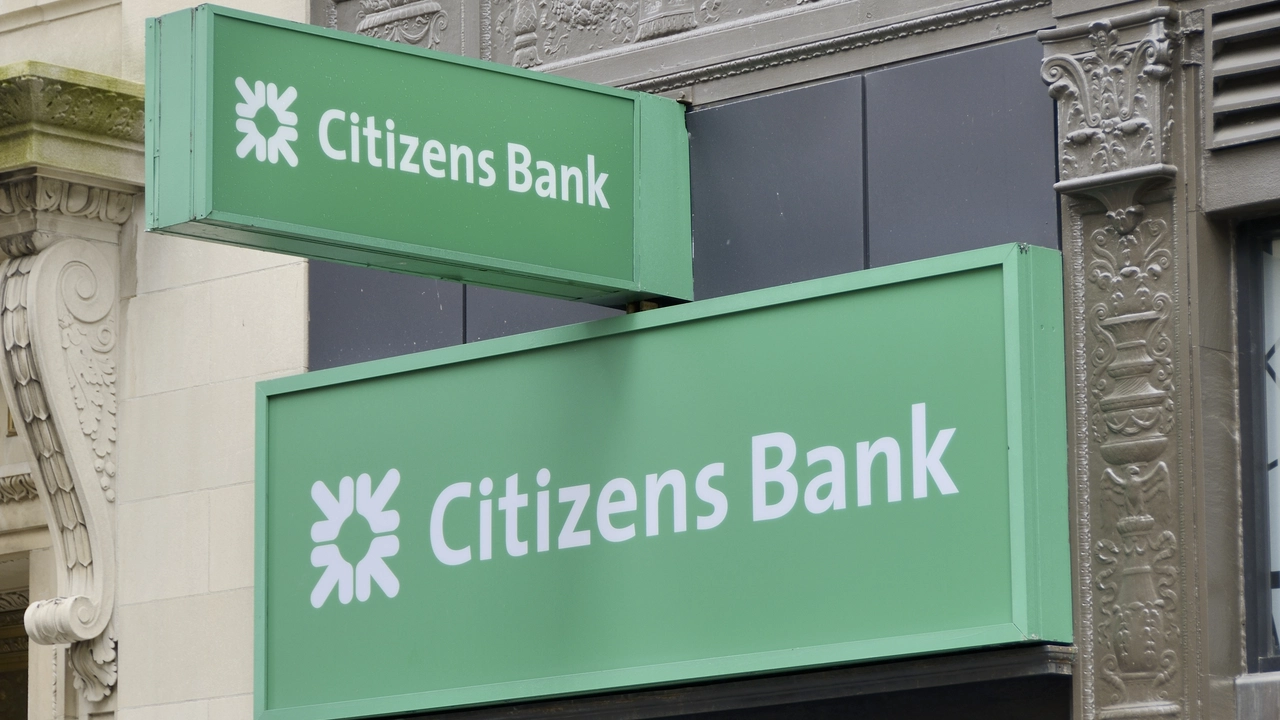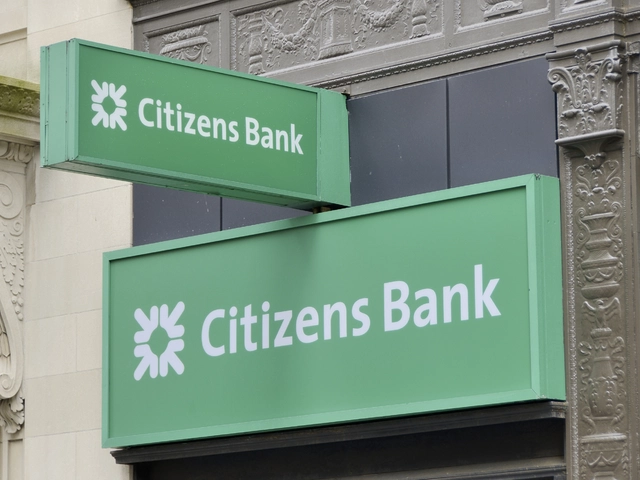What Is a Credit Union and Why It Might Be Right for You
Ever wonder why some people swear by credit unions? In simple terms, a credit union is a not‑for‑profit financial co‑op owned by its members. Instead of shareholders demanding profits, any earnings get funneled back to members as lower fees, better interest rates, and handy services.
How Credit Unions Differ From Traditional Banks
First off, membership matters. You usually join through a common bond – maybe your employer, a community, or a specific organization. Once you’re in, you have a vote in how the credit union runs, even if you only have a tiny account balance. Banks, on the other hand, are owned by investors and focus on maximizing shareholder returns.
Because they don’t chase profits, credit unions can offer more attractive loan rates and higher yields on savings. Think of it like a pizza where the whole pie stays in the group instead of one slice being taken out for a landlord.
Key Benefits You’ll Feel Right Away
Lower fees. Most credit unions waive monthly maintenance fees and charge little to nothing for basic transactions.
Better rates. Whether you’re saving for a rainy day or borrowing for a car, you’ll typically see lower interest on loans and higher interest on deposits.
Personalized service. Smaller membership bases mean staff often know you by name and can tailor advice to your situation.
Community focus. Many credit unions reinvest in local projects, scholarships, and financial education – good for the neighborhood and for you.
Things to Watch Out For
Credit unions aren’t perfect. Their branch networks can be limited, especially if you travel a lot. Online banking tools vary – some are top‑notch, others feel dated. Also, the “common bond” rule can make switching between credit unions a bit tricky if you move or change jobs.
Before you sign up, compare the specific services you need: mobile app quality, ATM access, loan options, and any membership requirements. A quick call to the member services team can reveal whether they’re a good fit.
How to Choose the Right Credit Union for You
Start by checking if you qualify – many have open membership for anyone living in a certain region or working for a particular employer. Next, look at the product lineup: do they offer the type of checking account, credit cards, or mortgages you want?
Read the fine print on fees, interest rates, and any minimum balances. Even a small monthly fee can add up if you keep a low balance. Finally, test the digital experience. Try their website or app demo, and see how easy it is to deposit checks, pay bills, or transfer money.
Bottom line: credit unions give you a chance to be more than just a customer – you become an owner who shares in the benefits. If lower costs, community impact, and personalized service matter to you, it’s worth exploring a credit union near you. Join, compare, and enjoy the upside of a financial partner that puts members first.

Is it better to use a local bank/credit union or a national one?
Deciding between a local bank/credit union and a national one really depends on your individual needs. Local banks tend to offer better customer service and lower fees, while national banks often provide more product options and advanced technology. If you value a personal relationship and community focus, a local bank or credit union might be the better option. However, if you're looking for extensive services and online banking capabilities, a national bank could be the right choice. It's all about finding the right balance between convenience, service, and costs.
CONTINUE READING



